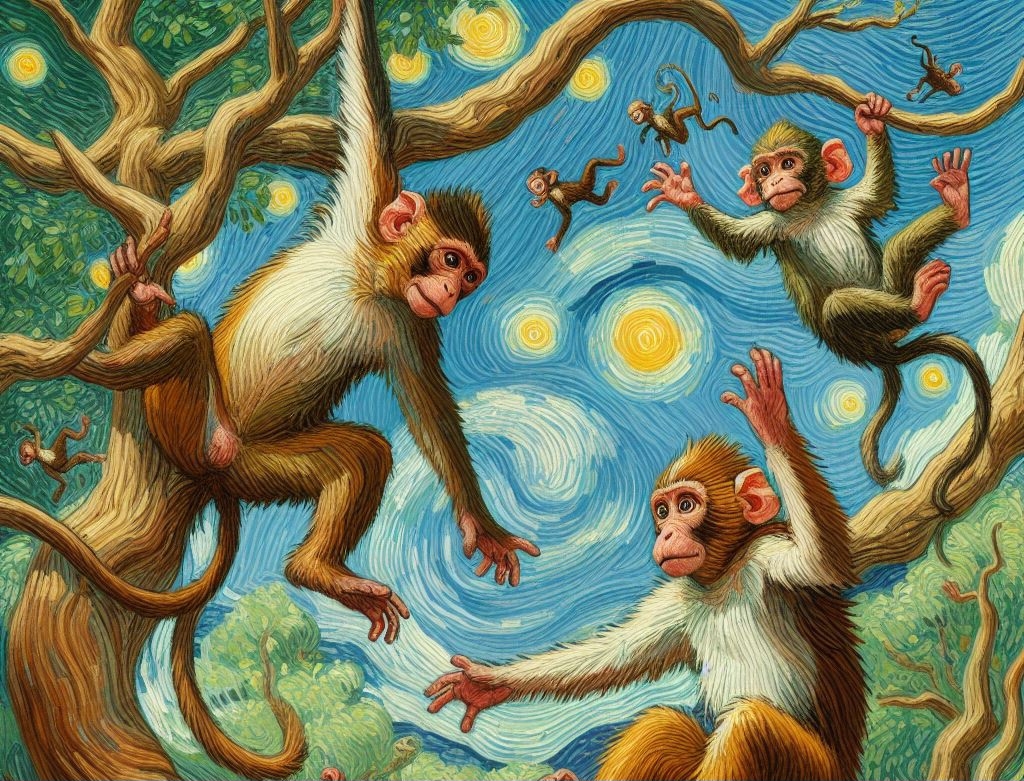Planning and Decision-Making Skills
No matter one plans his or her life, it would never be what he or she expects it to be. There is no such thing as certainty. There will always be bumps and surprises on our journey that will challenge how we see our life and the things we believe in. Moving on is something we could only do, but many still forget to understand the meaning of these experience for one to learn from.
In a perspective one sees, there are things, which are within our central focus. Those on the periphery is something we sometimes ignore and do not see. This the perhaps the mistake of our judgment because a holistic and objective comprehension of our life events is demanding but crucial. Once we forget to see the minute details before coming up with a decision, no matter how much time one has to decide, the outcomes would relatively be different from what we assume it to be.
Actually, there is nothing we can do about it, aside from practice. This means committing mistakes and hoping these mistakes are not as life-changing as it would be. One could only hope for no one could realize the magnitude of the misjudgment before the consequences have actually unfold. A helpless event- no one is exempted. However, this is possible to prevent it from occurring, just obliging one to be more accurate, quick and matured in making selecting which life choices to make.
Accuracy in making decisions revolves around not neglecting all details of a problem, especially those that does not concern or are perceived unimportant to the individual. This is the challenge - to think and digest unwanted information to anticipate the likelihood of a bad unexpected results. For doing this, there is no rule of thumb except repetition. Be accurate even to the most uncrucial things you could imagine, for example deciding what to wear or what to do in the weekend. Planning everything as it seems you know what will happen hour by hour. Through practice, if results come as expected as planned in a non-important topic, the planning and decision skills will be cultivated, such that one has an increased probability of getting it right when the bigger dilemmas come.
Ofcourse, time will always be factor. When there is a need for haste will decision skills be put to test. There are many who are best in decisions when they have only sufficient time. However, this is not always the case. Most of the time, the greatest problems individuals have is when time is a major consideration. Unfortunately, quickness and appropriateness do not come in one room. Most especially, where there is lack of time, emotions and anxiety interplay and make thinking and assessment of the problem at hand difficult and complicated.
Removing one's bias is another skill one has to practice. This is not easy for no person is without emotions. People do see immediately a narrow overview of a problem when confronted with it. No one is exempted. However, there is ofcourse a way to remove bias. First of all, reducing anxiety improves the chances of an unbiased decision. This requires one to cope fast and good in a variety of situations. By saying good coping skills, this requires one to relax as fast as one could regardless of the pressure and stress one is to. Rule of thumb perhaps with dealing with is to be at ease within yourself to better sort which is important and not. A person who has never dealt with who he or she is, is a person more anxious and more likely to make biased decisions about oneself or to others.
Indeed, decision-making skills are never built-up in a fast and easy manner. It takes time and prudence to better at it. It is furthermore a life-long process. One should never stop to be better, and never be afraid to try, no matter how serious the consequences would be. One has to remember that the greatest mistake in decisions is not trying to make one.











Comments
Post a Comment